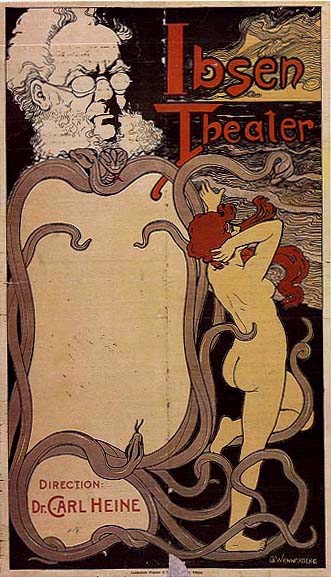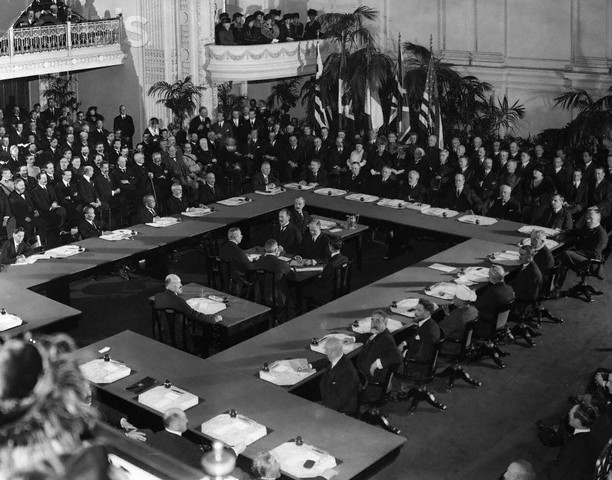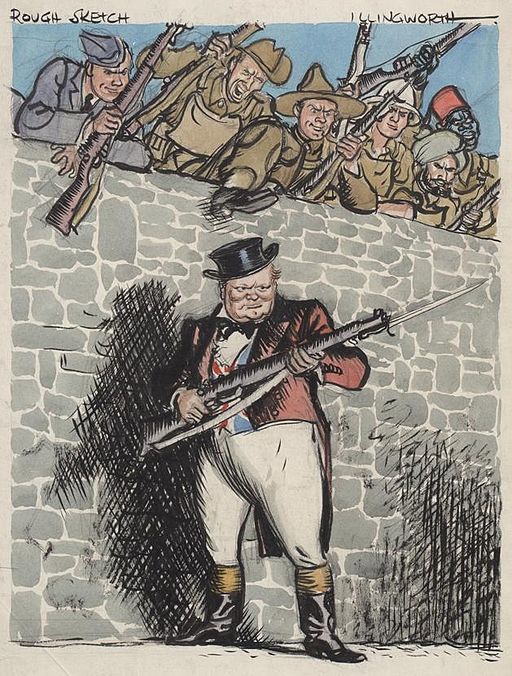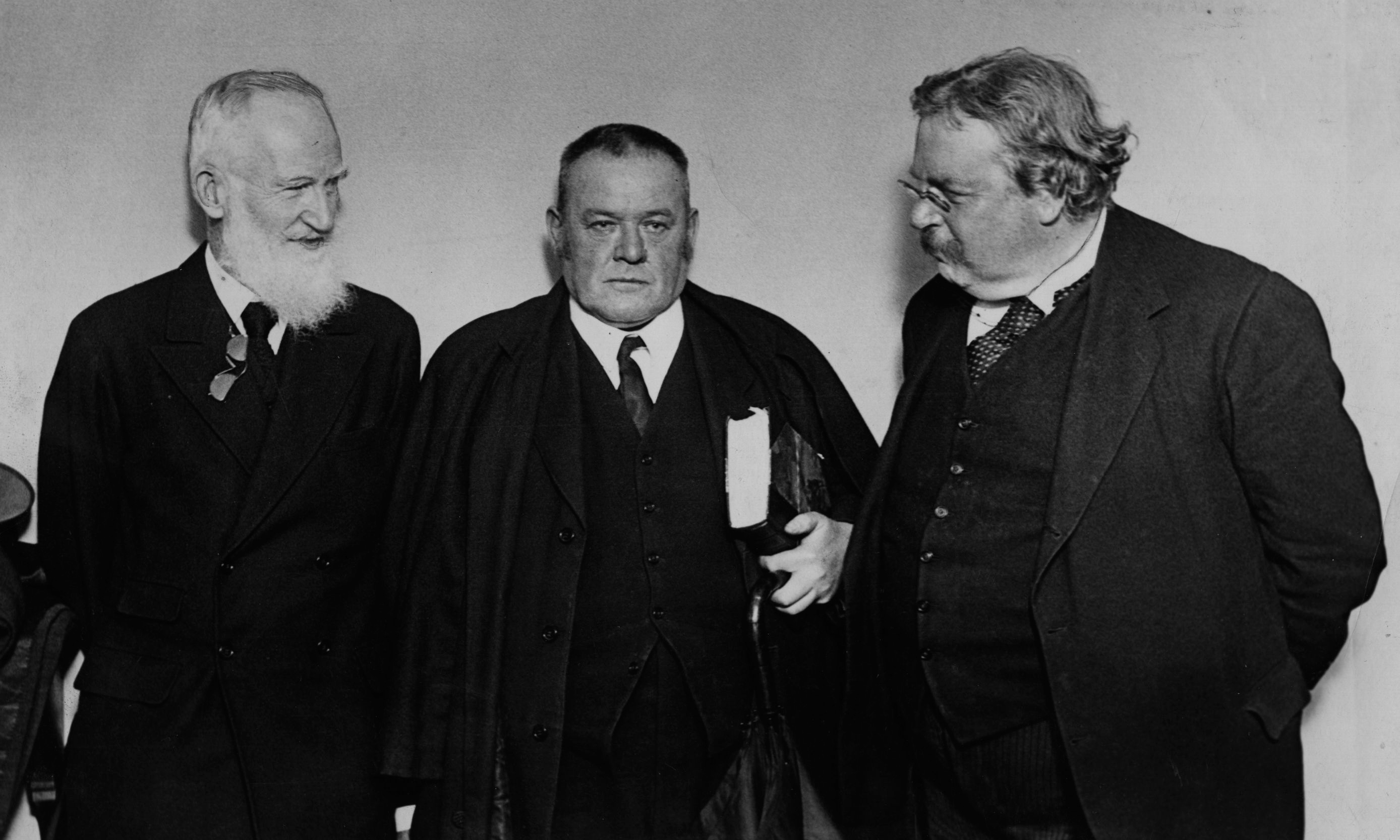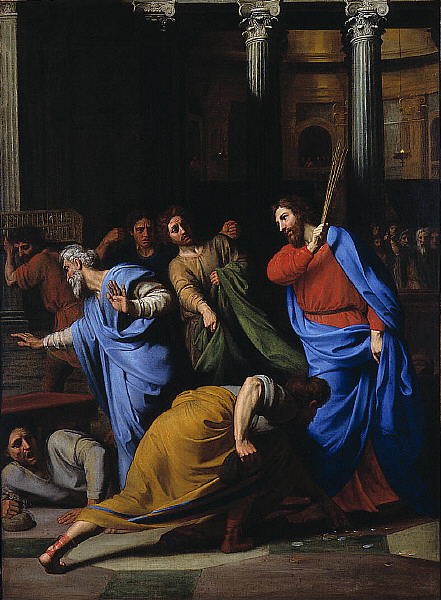Although this quotation floods the Internet every so often, it is hard to find a single site that sources it. Well, that's what bloggers who like to procrastinate are for. The main reason this quotation has never been properly sourced is that, most likely, it is apocryphal. To begin with, there is not a single occurrence of this quotation in my whole digitized database (the complete plays, novels, and prefaces, plus over 250 books and essays on Shaw). In addition, this very quotation has been attributed to a number of people, including Abraham Lincoln, Cyrus S. Ching, Oscar Wilde, Mark Twain, and a few others. The closest one can get to a proper source is a secondary citation of a couple of newspaper articles I have not been able to read.
Given that it is very likely that Shaw did not coin - or ever say, for that matter - this expression, I am going to include here a few of the most amusing things Shaw did say about pigs and/or using the word pig. Well, it's something!
From Our Theatres in theNineties (Vol. II, p. 18): "The most pigheaded Englishman
has a much stronger objection to be crushed or killed by
institutions and conventions, however sacred or even respectable, than a
Russian peasant or a Chinaman. If he commits a sin, he either tells a
lie and sticks to it, or else demands "a broadening of
thought" which will bring his sin within the limits of the
allowable."
DORAN. There was
Patsy Farrll in the back sate wi dhe pig between his knees, n me bould English
boyoh in front at the machinery, n Larry Doyle in the road startin the injine
wid a bed winch. At the first puff of it the pig lep out of its skin and bled
Patsy's nose wi dhe ring in its snout. [Roars of laughter: Keegan glares at
them]. Before Broadbint knew hwere he was, the pig was up his back and over
into his lap; and bedad the poor baste did credit to Corny's thrainin of it;
for it put in the fourth speed wid its right crubeen as if it was enthered for
the Gordn Bennett.
NORA
[reproachfully]. And Larry in front of it and all! It's nothn to laugh at, Mr
Doran.
DORAN. Bedad,
Miss Reilly, Larry cleared six yards backwards at wan jump if he cleared an
inch; and he'd a cleared seven if Doolan's granmother hadn't cotch him in her
apern widhout intindin to. [Immense merriment].
AUNT JUDY, Ah,
for shame, Barney! the poor old woman! An she was hurt before, too, when she
slipped on the stairs.
DORAN. Bedad,
ma'am, she's hurt behind now; for Larry bouled her over like a skittle. [General
delight at this typical stroke of Irish Rabelaisianism].
NORA. It's well
the lad wasn't killed.
DORAN. Faith it
wasn't o Larry we were thinkin jus dhen, wi dhe pig takin the main sthreet o
Rosscullen on market day at a mile a minnit. Dh ony thing Broadbint could get
at wi dhe pig in front of him was a fut brake; n the pig's tail was undher
dhat; so that whin he thought he was putn non the brake he was ony squeezin the
life out o the pig's tail. The more he put the brake on the more the pig
squealed n the fasther he dhruv.
"The fact is, the
creature does not know the ABC of good printing. I gave him so precise an
account of his ignorance in that letter that he has made some attempt to
correct those which admitted of correction by mechanical instruction. For
instance, he now aims at having his margins right instead of not knowing
anything about them. He no longer sticks two or three fly leaves of dirty brown
felt at the end, under the impression that they are “esthetic” because they are
ugly and silly. He has discarded his sham “Kelmscott Capitals,” the design of
which would have disgraced a learned pig, and substituted colored sham Chinese
ones which are much less offensive. But in the essentials of printing he is as
hopeless as ever."
I know the post was kind of muddy, so I hope you liked it!






